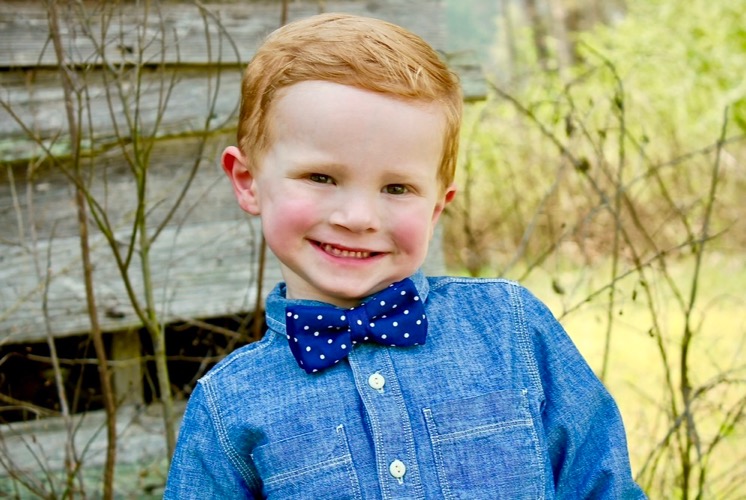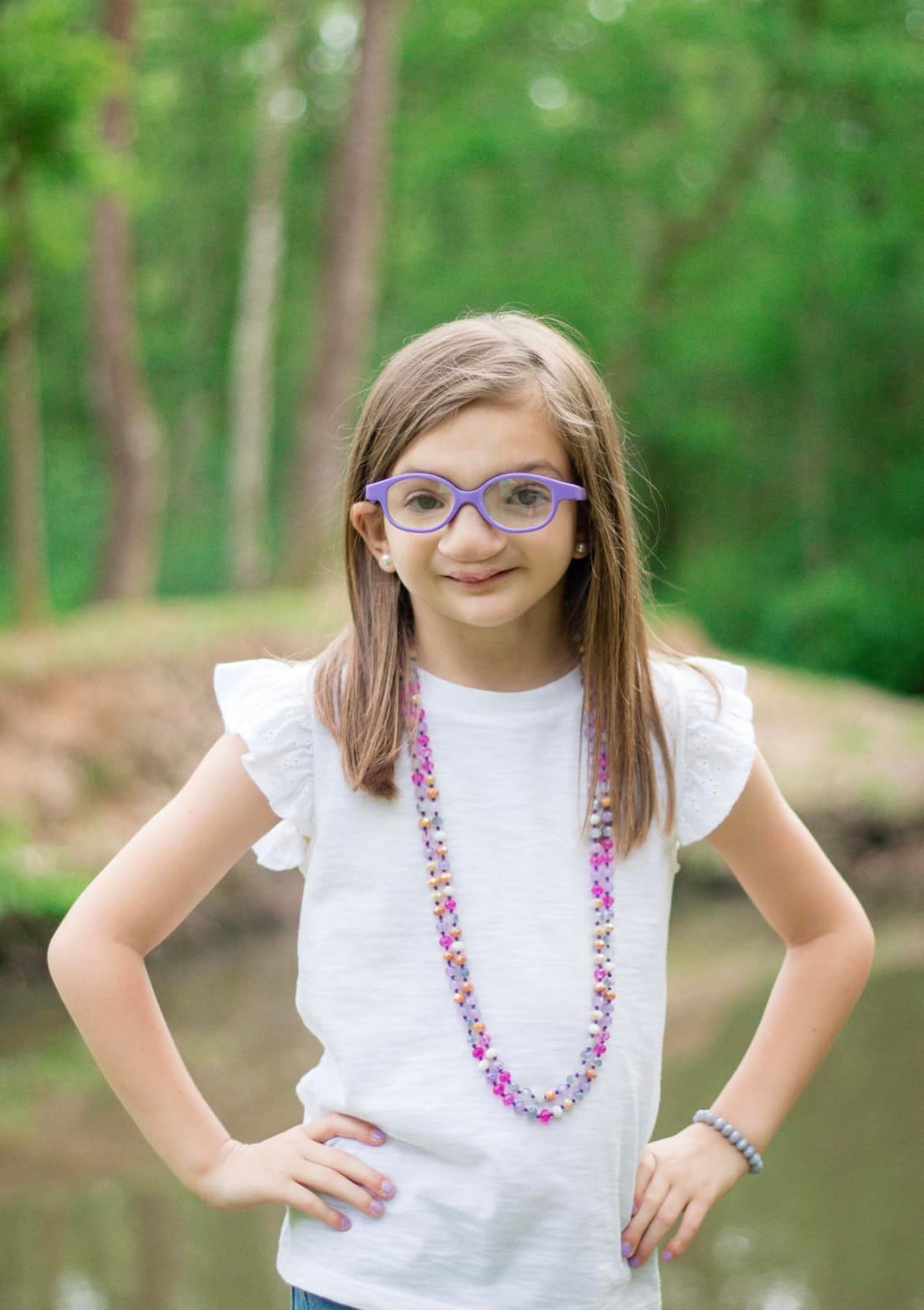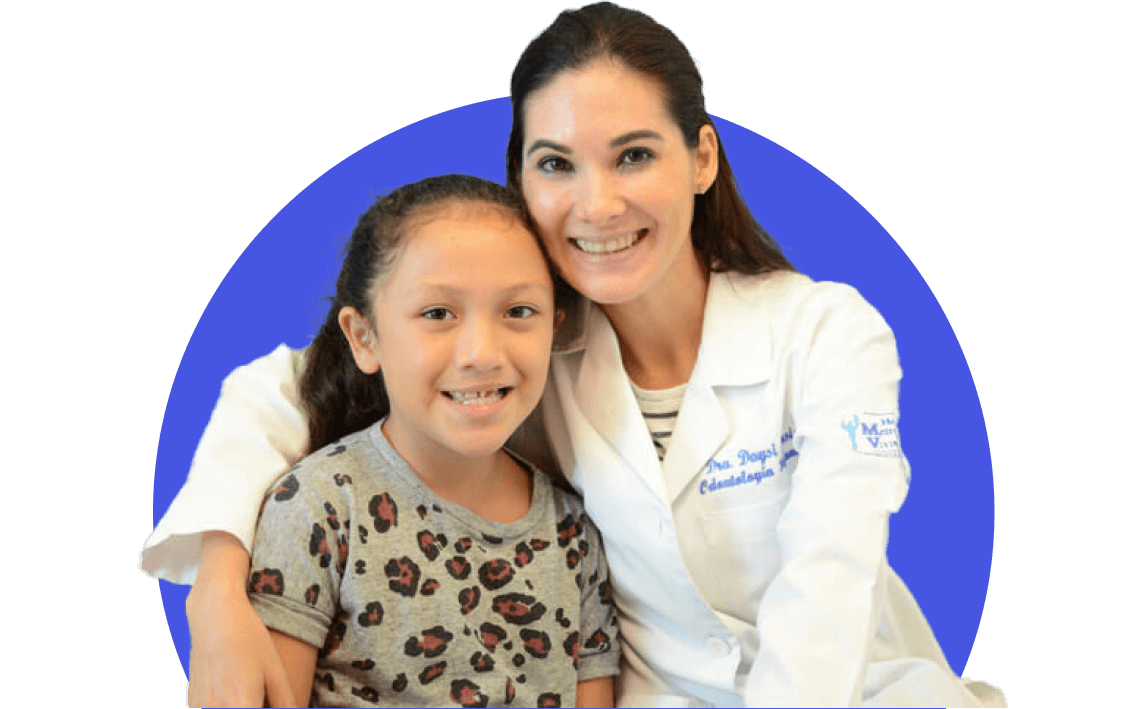Growing up with Apert Syndrome, a craniofacial difference that affects 1 in 200,000 people, Nick Wiese often struggled to find his voice. Having experienced hurtful remarks from peers and numerous instances of bullying, Nick learned to keep quiet about his internal conflicts – that was, until he found a home in the craniofacial community.
In 2006, Nick physically saw someone who looked like himself for the first time. After attending a fun-filled retreat hosted by the Children’s Craniofacial Association, he began to open up about his difficulties in a way that he never had before.
“It was really softening to know I wasn’t alone in the world. I now have this wonderful family I belong to and I have no intention of ever leaving,” Nick said.
Inspired to use his newly found voice for good, Nick continued to share his story with a variety of audiences. After being approached by a fellow church member, Nick agreed to speak to a class of religious education students about Apert Syndrome and how it influenced his beliefs.
“The students brought me out of my shell a little bit more and I began talking about what my life was like, the stuff I went through and in general, how I saw myself,” he said.
Once the book Wonder came out, Nick’s platform expanded even more. He often refers to himself as “the real life Auggie” as he shares similar experiences to the fictional character.
“It warms my heart to be able to talk about my experiences now and let others know the reality of growing up with a facial difference,” Nick said.
In light of his passion to spread awareness, Nick often encourages others to ask questions and engage in conversation.
“It may not be polite to stare, but I always welcome questions,” Nick said. “People will most likely open up if you ask questions because it will give them the opportunity to express themselves.”






